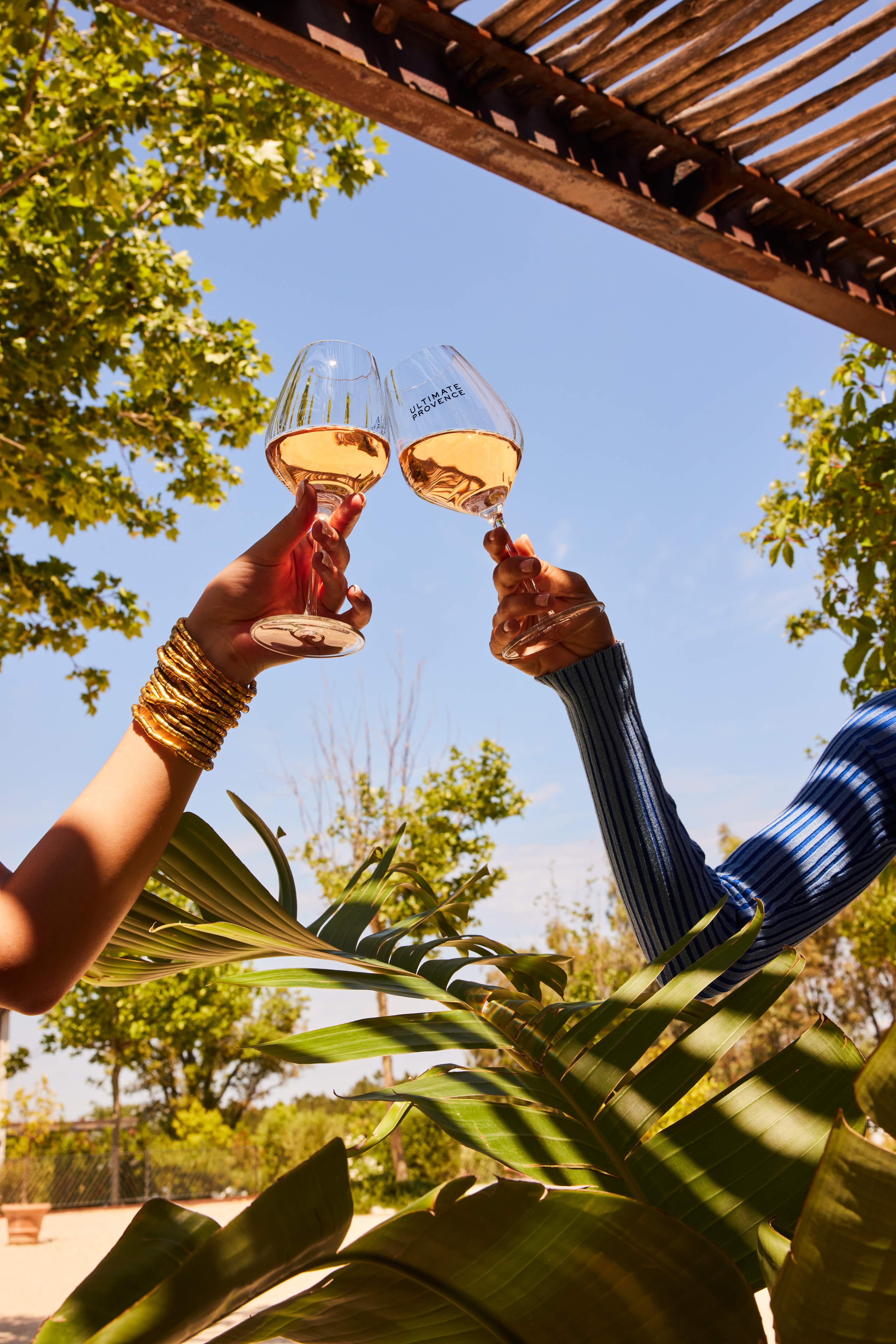For several years now, French consumers have shown an increasing desire to turn to healthier products, whether for the environment or for health. This change concerns all agri-food sectors, and in particular the world of wine, where the organic conversion of vineyards is experiencing growing success.
Organic viticulture: the beginnings of organic wines
We cannot talk about organic wine without talking about organic viticulture. Indeed, to obtain the famous “AB” label (organic farming) or the Eurofeuille, a wine must be made with grapes from organic farming .
The specifications for organic certification impose some rules to be applied throughout the organic vineyard, such as limiting inputs or restricting synthetic chemicals .
Since 2012, the organic wine label is no longer limited to viticulture, and winemaking techniques are also regulated.
Why are winegrowers embarking on the organic conversion of their vineyards?
By limiting, or even prohibiting, the use of modern techniques, organic viticulture can give the impression of taking a big step backwards in terms of innovation. However, today's techniques are very invasive, and sometimes alter the intrinsic qualities of wine, the environment, and human health. The advantages of biological conversion can then be applied on several scales.
- The consumer : by choosing to drink natural and organic wines, the wine lover ensures that they are tasting a product that is better for their health, without pesticides and phytosanitary products. At the same time, it is part of an environmental protection approach which responds to important values linked to climatic conditions.
- The planet : the production of organic wines limits the diffusion of chemicals in the ground and in the air, and thus ensures the preservation of the environment. In an organic vineyard, nature finds its own seasonal cycles, and biodiversity develops in a balanced and healthy way, favoring the characteristic fruity aromas;
- The producer : working an organic vine is an important approach for a wine estate, whether from an ecological point of view, or to highlight the know-how of the winemaker. The operation, beyond producing organic wines, also becomes an example of respectful management of production costs, while preserving the vines and accentuating the fruit notes in the wine.
The conversion to organic viticulture is thus a great exploitation of natural resources, making it possible to create quality organic wines , fully reflecting the terroir and meeting the growing expectations of consumers involved in this organic sector.
Organic conversion: how does it work?
To switch to organic viticulture , the winegrower must respect a conversion period of 3 years . This gradual transition from conventional agriculture to organic production ensures that the soils and the vineyard in conversion find a natural balance, without any trace of synthetic products.
Three years of conversion is also generally the time needed for the winegrower to find a balance in his vines. This work then takes place in 2 stages, during which the wine producer will have to find alternatives to chemical products .
- Work the soil : use natural fertilizers, plow, cover grass and use compost;
- Protect the vine : find natural products to limit the proliferation of diseases and pests, while taking into account authorized dosages. The use of pheromone traps and predatory insects is effective.
Conversion and falling yield: a myth or a reality?
Many poorly informed winegrowers fear switching to organic farming, because for them this often means lower yields . However, with a perfectly anticipated organic conversion, this reduction is not inevitable. It is for this reason, among others, that the regulations impose a conversion time of 3 years for each French vineyard.
This duration allows the winegrower to observe his vineyard and adapt his techniques and the products used, to preserve all of his hectares of vines, and a stable yield .
Of course, it is necessarily simpler to maintain the same yield with a vineyard which, initially, had a low or moderate yield, than to maintain a high yield. But, even if a vineyard undergoing organic conversion initially observes a drop in yield, the vines often regain vigor after a few years, and are more resistant to pests .
The organic conversion of French vineyards responds to a desire to take care of ourselves and the environment. At Château de Berne, this ecological approach fits perfectly with the values of the estate, which trusts the terroir to produce organic wines from Provence with beautiful typicity.











